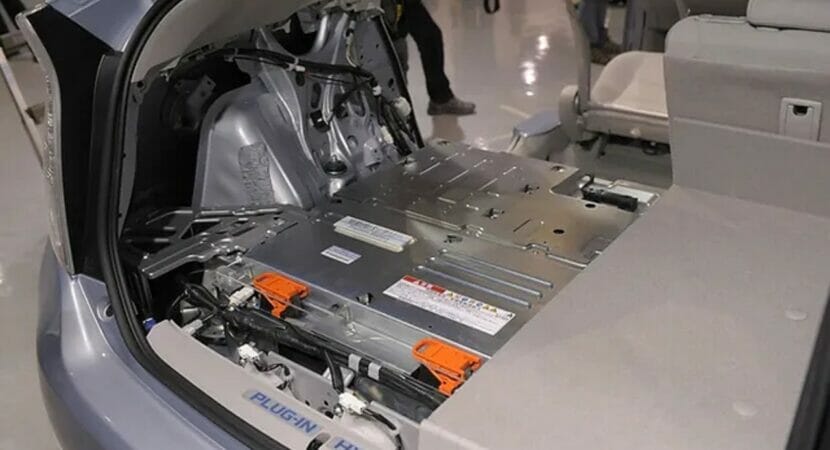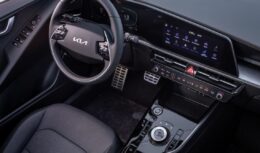
Toyota is revolutionizing the automotive market with the development of a new battery that promises more than 1200 km of autonomy for electric cars at a more affordable price..
on what to depend on new battery technology that Toyota is developing, we will soon have an electric car with more than 1 km of autonomy and recharge in less than 10 minutes. A new technology promises to hit the market in the coming years. The automaker announced last week a technological advance of extreme importance for the advancement of its long-awaited solid state battery.
Toyota says it will have electric cars with greater autonomy and batteries with ultra-fast charging
Toyota promises to raise the bar with the arrival of its future electric cars, the promise is that the new electric vehicles will reach a range of 1.200 km on a single charge, without taking into account the full recharge in 10 minutes.
The news was published by The Guardian, citing the president of the company's research and development center for carbon neutrality, Keiji Kaita. Generally speaking, the multinational Toyota claims it has simplified production of the material used to make solid-state batteries and liquid-based, which will make it possible to reduce weight by half, as well as the size and cost of the packages that will be installed in electric cars.
Kaita claims that for both his liquid batteries and his solid state batteries, the focus of the automaker is to drastically change the current situation, in which batteries are very large, expensive and heavy.
In terms of potential, the company will seek to halve all these factors. As is well known, solid-state batteries are seen as the next logical step in the advancement of electric cars, as they are considered safer and more reliable than lithium-ion cells that use a liquid-based electrolyte, however, at the same time, they are much more expensive and difficult to produce.
Solid state batteries could become more popular
The news of the week is Toyota having stated that it could make the production of the simplest solid-state batteries for electric cars, making the component cheaper to produce and more traditional than lithium-ion batteries.
Kaita points out that there are often advances in the prototype phase, however, bringing this production to a larger scale is difficult. If it's a genuine breakthrough, it could be a game-changer, like the holy grail of battery-powered vehicles.
Criticized for the delay in boosting the launches and sales of electric cars, Toyota brought interesting news in this regard during the Workshop “Let's Change the Future of Cars".
The automaker claims that, from 2026, it will be possible to see a new generation of electric cars, which will greatly improve the performance and autonomy of current models, mainly the bZ4X, the brand's first battery-powered SUV, which will use a variety of battery options.
Toyota promises high-performance batteries with 10% longer range
At first, the Japanese hopes that, if compared to the bZ4X, can increase autonomy by an average of 20%, reduce manufacturing costs by 40% and allow fast charging to go from 10% to 80% in half an hour. Later, between 2027 and 2028, High Performance batteries will reach the electric market, with 10% greater autonomy and production costs reduced by 10%.
In essence, these batteries could cover around 1,1 to 1,2 km of autonomy, like the solid-state battery mentioned above. However, that's not all, Toyota estimates that it will have the capacity to produce an advanced solid-state battery capable of offering more than 900 miles of range after 2028, due to lighter, less complicated electric cars with fewer components.











WHAT A DISSERVICE! The solution to waste…
Very cool!
35 tons of gold went to…
Throwing a lot of rubbish into the sea...
The right is extremely trustworthy. Kkkkkkkkkkkkkk
I already have experience but...
I would like to have an opportunity to…
The truth is, after the year…